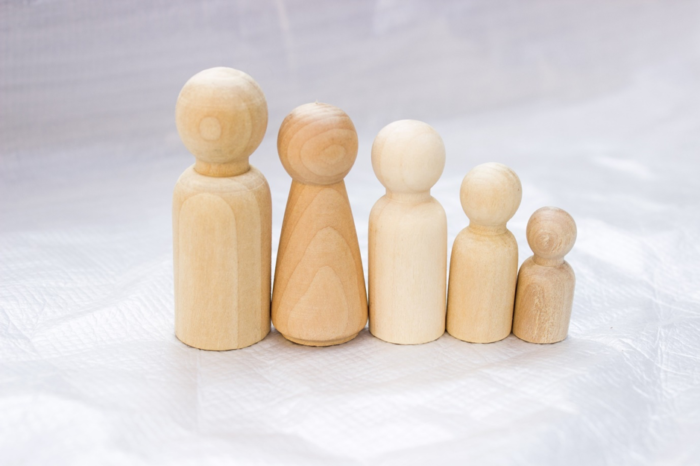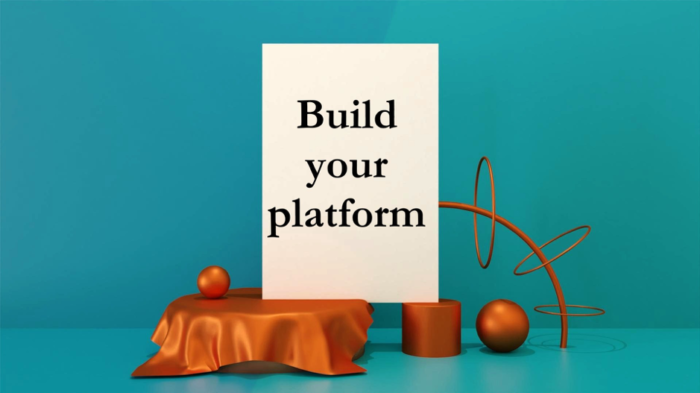
Dr Walter Harry Willies
Homeopath
Glasgow London
Emeritus professor of Narrative Studies, Western Orthodox University, European American University
The Story Clinic
Glasgow London New York Cape Town
One issue that the C19 pandemic has highlighted is distrust in medical science. I don’t wish to address this specifically, as I think the side-taking has become irrational. From my point of view, I don’t take sides for or against electricity, even though it’s been used to execute people. I also prefer not to take sides against writing as a technology, notwithstanding its many uses and abuses.
I am, however, interested in medical authority, because of its promises and limitations, and also because I’m a practitioner of complementary medicine, and fully aware that I’d come up on Quackwatch if the Quack police were to open a docket on my diving into medicine.
Something is the matter with medical authority, and I’d like to explore this.

Two books come to mind: “Holism and Evolution” by Jan Smuts, which gives the background to how the word “holism” came to coined, and “Holism and Complementary Medicine: Origins and Principles” by Vincent Di Stefano, which I would prescribe to any student of complementary medicine.
The big question as I see it, is what fits into what? Medical science depends on a jargon far beyond the reach of the person in the street. Interestingly enough, although I practise homeopathy, one of my very good friends is a globally -known allerologist. You could hardly get friends from such divergent fields. Sometimes when he explains something about his field to me, I have a very vague idea of what he might be talking about. It certainly is specialist language demanding a very technical understanding, and the bottom line that any patient will ask of the doctor is: will I get better or suffer on and die?
The straightforward codicil to any attempted answer is that the doctor will die, too, in due course. I’ve learnt to have a healthy disrespect for language as a means to gather, garner or grab authority, and language involves tone, mood and intent as well as diction and vocabulary.
There’s no problem with medical science, as I understand it. It’s experimental by necessity, and experimental design is the key thing. A medical student asked me for assistance with his masters. I got as far as the title, I remember putting the proposal down, and looking at him, perplexed. I said, “Why are you going to go through all the trouble of this study when it’s obvious that it won’t work?”. He squirmed a bit, and replied, “My supervisor says that knowing that something doesn’t work is science, too”.
To return to the question of what fits into what, I’m most happy to go to the dentist when my filling falls out. But I’m very cautious when a doctor takes a couple of months to send off many tests, and returns a diagnosis that fulfils the requirements for long-term medical aid payments. And the patient doesn’t ask questions.
The anti-healing aspects of the medical industry are apparent, and to become better acquainted with the many forms of these, I recommend Lynne McTaggart’s work on her website WDDTY: “What doctors don’t tell you”.
My purpose in pointing out these things is to encourage complementary therapists to build a platform for their own authority. On the basis of being a university professor and a husband, I am certain that authority and respect are interchangeable terms and twin realities. If you practise one, the other merely waits its turn. Conversely, if you practise neither, you’ll never achieve the other. Having owned a guest-house, I’ve had many good conversations, and have learnt much about attitude. I think of a chemist with whom I had an honest conversation. We were talking about pharmacy and homeopathy, and I asked him what his view was in connection with the efficacy of homeopathy. He said that he wasn’t sure how to answer, and would sleep on it and tell me at breakfast. So between the egg and bacon, his face took a serious, thoughtful expression, and he said, “I haven’t got an answer, because when it comes to homeopathic remedies, there’s nothing chemical there!”. This is true of dilutions greater than 12C, but his answer was pertinent, and I wasn’t going to split hairs. He was sticking to what he knew about and wasn’t going further. I feel that this is a helpful attitude. I remember a cardiologist and an oncologist sharing a table. “The stuff you give them sends them to me,” said one. “Yes,” said the other. “And the stuff that you give them sends back to me”. In my head, I thought of making a comment about the circle of life, but thought it wiser to hold my tongue.

A realisation that has helped me is that authority is in the eye of the beholder as well as in the competency of the expert. And what you communicate will soon convince the client or patient of your capabilities. I often envy the massage therapists because of the immediacy as well as the long-term benefits of their practice. My fascination with energy medicine is exactly because of its un-pindownability, which is a better word than “mystique” because the former allows you to think more whereas the latter serves up a plate of inscrutability. Language, intent and attitude overlap to a huge extent. So the jargon of medical science might give a young doctor the feeling of exclusive expertise whereas the inclusive nature of holistic medical attention would encourage open communication as a means to health.
The end of the argument is what “health” actually means. Did the chemotherapy cure the cancer? No, it never has and never will. That’s my point of view, based on what “cure” means. Prognosis depends on the way in which medical science uses statistics to compare living with a diagnosis to not living with a diagnosis. The definitions are not straightforward, although they try to be. You just can’t factor in all possibilities. But consider that Bill Bengston’s mice were cured, and moreover, gained immunity from cancer. Ever heard of him? It’s all available in “The Energy Cure”.
As well as homeopathy, I practise my own version of energy medicine which I’ve called Biofocusing. I grew up in a very narrow-minded religious context which taught me that only Jesus can do miraculous healing, and that if you ever observe it first-hand, you’re involved with sin. Obviously, I’ve learnt more than I was taught, which has nothing to do with me, and much more to do with the brain, which, when not interfered with, is capable of authoring its own story. This is really interesting. David Eagleman and “The Brain: the Story of You”. I also do story therapy and poetry therapy, the short-cut between language and health.
My suggestions to any complementary therapist are the following, in connection with medical authority:
- Don’t be discouraged or intimidated by “know-it -all” attitudes, in any shape or form.
- Develop your own understanding of your practice by reading, networking and learning.
- Increase competency as much as possible.
- Embrace inter-disciplinarity as much as possible.
- Responsible ownership of your field gives you a sound basis for speaking up.
And remember that the language of health and wholeness can’t be reduced or mystified beyond felt communication.
Books
Holism and Evolution – Jan Smuts click here
Holism and Complementary Medicine – Vincent De Stefano click here
Research link here